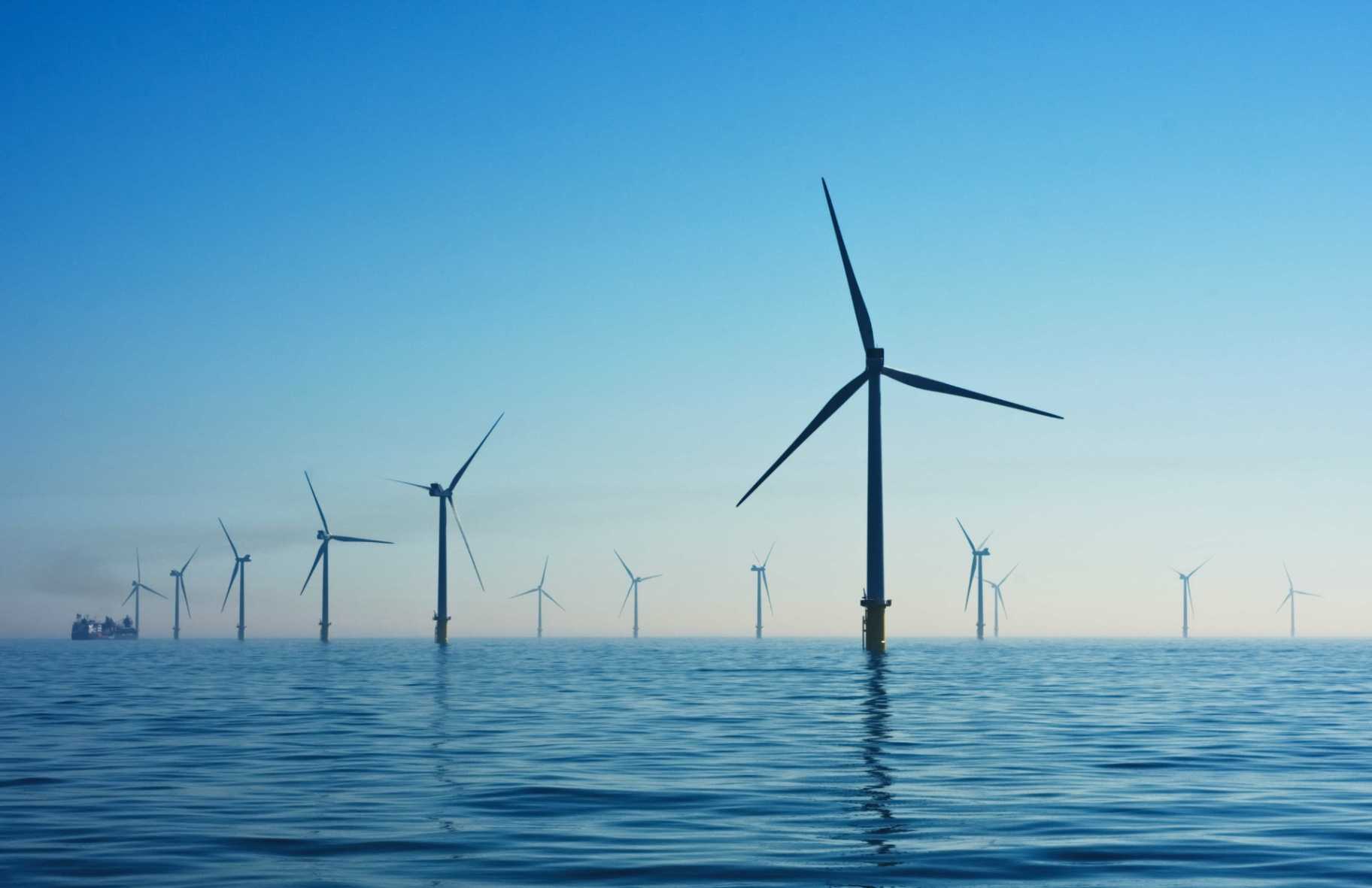Rethinking LNG Emissions with Carbon Offset Solutions
CnerG Stories, Case Studies | Jan/2/2025

For years, Liquefied Natural Gas (LNG) has been regarded as a cleaner alternative to coal and oil, with earlier studies suggesting it emits up to 50% less CO₂ during combustion compared to coal. This positioned LNG as a key fuel in the global energy transition. However, more recent research has brought this assumption into question, highlighting the environmental costs of LNG’s full lifecycle, including methane leaks, extraction, liquefaction, and transportation.
In 2020, LNG operations contributed approximately 1.25 gigatons of CO₂ equivalent emissions, underscoring the significant impact of this widely used energy source. While debates about LNG’s environmental benefits continue, its role in global energy markets remains critical. As we continue to rely on LNG in the short term, addressing its emissions is essential. Among the most effective solutions are carbon offsets, which enable companies to neutralize emissions by funding climate-positive projects.
SRecognizing this need, GasHubUnited Utility Pte (GasHub) has partnered with CnerG to proactively address emissions from LNG operations. GasHub is launching Carbon Offset LNG, which neutralizes the emissions associated with LNG through the purchase of certified carbon credits. With a newly signed Memorandum of Understanding (MOU), CnerG will support GasHub by providing access to high-quality carbon credits and managing the complexities of offset procurement.
GasHub, established in 1991, is a leading LNG and gas engineering company in Singapore, with a track record of over 3,000 projects across both government and private sectors. As the first LNG retailer in Singapore to introduce integrated LNG solutions across Southeast Asia, GasHub's decision to partner with CnerG underscores their credibility and commitment to their broader sustainability strategy, demonstrating their focus on impactful, large-scale initiatives.
What Is Carbon Offset LNG?
Despite its benefits, LNG operations remain energy-intensive and emissions-heavy. The production and liquefaction processes alone consume significant energy, contributing to what is known as Scope 1 and Scope 2 emissions. Scope 1 emissions come from the direct operations of LNG facilities, such as the extraction of natural gas, while Scope 2 emissions are tied to the electricity and energy used in liquefaction and transportation.
The concept of carbon offset LNG (also called carbon-neutral LNG) revolves around offsetting the emissions associated with its lifecycle. This is achieved by purchasing carbon credits, which are used to fund projects that either reduce or capture greenhouse gases elsewhere. These projects often include reforestation initiatives, renewable energy installations, or methane capture technologies. Each credit represents one ton of CO₂ reduced or avoided, allowing companies to neutralize the environmental impact of their operations.
Carbon offset LNG is gaining traction globally, with more corporations committing to offset their emissions to meet carbon neutrality targets. This trend reflects the growing pressure from investors, regulators, and consumers who increasingly prioritize sustainability in their decision-making processes.
Carbon-neutral LNG is a prime example of how traditional energy practices can evolve to meet the demands of a changing world. As the world transitions toward cleaner energy sources, the focus is shifting from short-term fixes to long-term sustainability. By supporting projects that capture or reduce greenhouse gases, carbon credits provide a scalable way to mitigate the environmental impact of essential energy operations.
A Holistic Approach to LNG Emissions Reduction
GasHub has long been committed to sustainability, taking steps to integrate environmental considerations into its operations. By investing in cleaner technologies and prioritizing sustainable solutions, GasHub demonstrates its dedication to reducing its environmental impact.
Tackling LNG emissions is not only a regulatory necessity but also an opportunity to lead by example. By addressing the carbon footprint of their operations, they position themselves as sustainability leaders in an increasingly competitive market.
To achieve this, GasHub adopts a holistic approach to tackling the environmental challenges associated with LNG. The company is exploring multiple solutions to reduce emissions, such as Bio-LNG, which helps reduce emissions during production and combustion, and carbon capture technology. While these represent innovative efforts, GasHub acknowledges that fully implementing direct emissions reductions can be technically challenging. Therefore, carbon offsets remain a crucial part of their sustainability strategy.
GasHub's partnership with CnerG highlights their proactive stance in achieving sustainability through multiple complementary approaches. By leveraging carbon offsets alongside other initiatives, they address the complex and interconnected nature of LNG emissions comprehensively, rather than focusing on isolated elements of the problem.
How CnerG Supports Sustainable LNG Offsetting
CnerG's Marketplace is uniquely equipped to address the specific challenges of offsetting LNG emissions. LNG presents a complex emission profile, with emissions occurring at various stages, including extraction, liquefaction, transportation, and combustion. Our platform effectively manages these complexities by offering tailored carbon credits that align with the different emission sources throughout the LNG lifecycle.
Furthermore, LNG operations often span multiple countries, which adds complexity to sourcing and ensuring compliance for offsets. CnerG’s cross-border capabilities simplify this process, making it easier for international companies like GasHub to acquire offsets that meet regulatory requirements.
The voluntary carbon credit market is also fragmented, making it challenging for companies to find high-quality credits. The Marketplace consolidates multiple suppliers, providing access to reliable and verified credits, ensuring that companies like GasHub can offset their emissions with confidence.
Lastly, offsets for LNG need to meet strict standards for additionality and verifiability. CnerG’s focus on high-quality environmental commodities ensures that the credits meet these criteria, providing effective and impactful solutions for reducing LNG emissions.
By leveraging CnerG's expertise and comprehensive Marketplace, companies like GasHub can effectively navigate the complexities of LNG offsets and make significant progress toward their sustainability objectives.
A Collaborative Path to Sustainable Energy
As the energy landscape continues to evolve, partnerships like the one between GasHub and CnerG offer a blueprint for balancing growth with environmental responsibility. By leveraging CnerG’s expertise in carbon offsets, GasHub is meeting its sustainability goals and setting a standard for the industry. This collaboration serves as a reminder that achieving carbon neutrality is a shared responsibility—one that requires collective effort and a commitment to doing better.
For companies navigating the challenges of decarbonization, CnerG provides the tools and expertise needed to take action. Together, we can create a more sustainable future, one step—and one offset—at a time.
Get Started With CnerG
Request Demo
Learn how CnerG can help you source Environmental
Commodities with ease.

